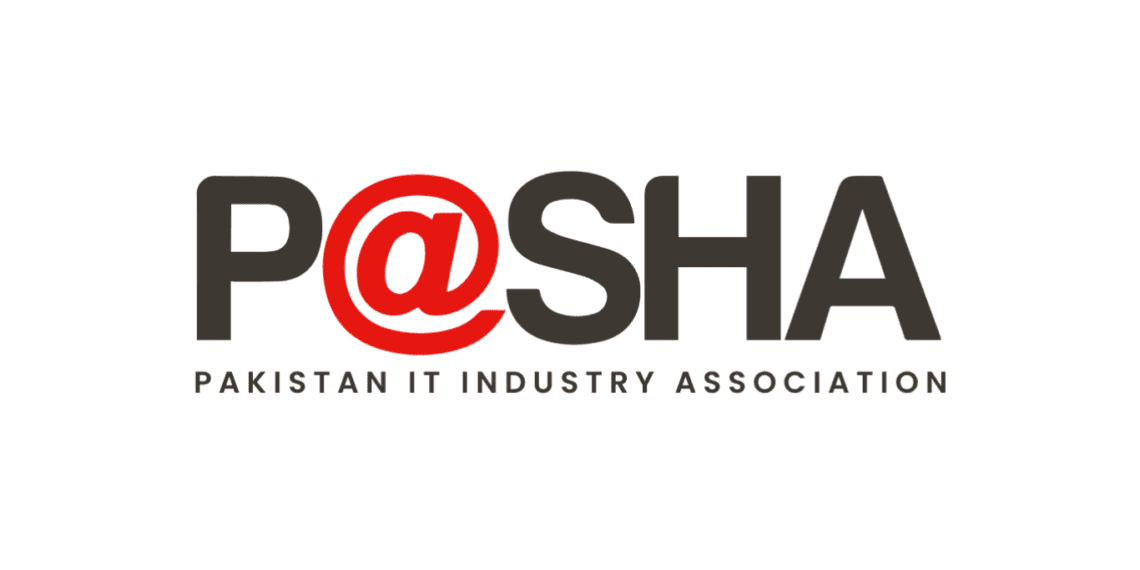The Pakistan Software Houses Association (P@SHA) has submitted a set of budgetary proposals aimed at providing tax relief and support to the country’s burgeoning IT industry. The proposals were presented by P@SHA Chairman Muhammad Zohaib Khan to the concerned ministries and important institutions.
In a statement, Khan highlighted the discrepancies in the tax rates applied to IT professionals employed in Pakistan compared to those working remotely. He proposed that the payroll tax rate for employees of companies registered with the Pakistan Software Export Board (PSEB) and P@SHA should not exceed 5 percent. He suggested adding a proviso to the First Schedule (Section 149) of the Income Tax Ordinance (ITO) 2001 to reflect this change:
“Provided that maximum rate of tax applicable on salary of an individual shall not exceed 5 percent if such individual is receiving salary from a person registered with PSEB and P@SHA,” he said.
Khan also called for an exemption from income tax for IT exporters, stipulating that this exemption should only apply to exporters registered with PSEB and P@SHA. He suggested that no exemption certificate from the Federal Board of Revenue (FBR) should be required for these exemptions. To implement this, he proposed adding a clause to Part I of the Second Schedule as clause 133 of the ITO 2001:
“The income from export of Information Technology (IT) and IT-enabled services as defined shall be exempt from tax subject to the condition that the person is registered with PSEB and P@SHA.”
Additionally, Khan urged the government to clarify that super tax is not applicable to IT and IT-enabled service exporters for the tax year 2022, as they were eligible for a 100 percent tax credit under section 65F. He noted that tax officers have been sending unjustified notices to companies, and a clear explanation would help resolve this issue, potentially avoiding further litigation.
Highlighting the achievements of Pakistan’s IT industry, Khan noted that it crossed $2.6 billion in exports in 2023 and is the only export industry in the country with a 77 percent trade surplus. The industry supports the livelihoods of 800,000 professionals and freelancers, as well as over 10,000 companies, and has proven to be the fastest-growing sector in Pakistan. He emphasized the industry’s potential to address the current account deficit and shape the economic future of Pakistan.
Khan’s proposals aim to create a more favorable tax environment for the IT sector, encouraging further growth and development in one of Pakistan’s most promising industries.





